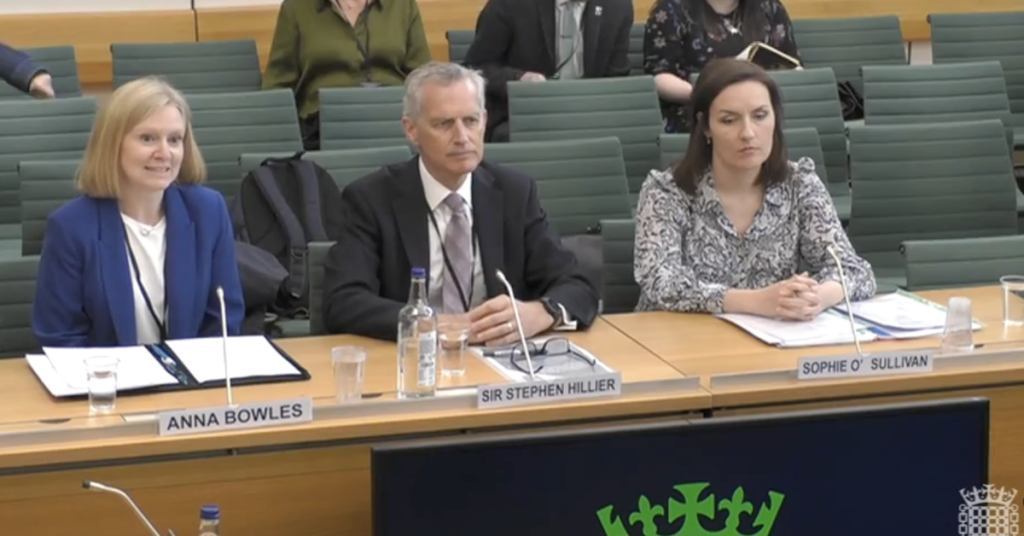The Civil Aviation Authority (CAA) is pressing for powers to impose fines on airlines violating consumer laws.
Pursuing enforcement through the courts is currently the only option, delaying justice for passengers.
The absence of fining powers for the Civil Aviation Authority has significantly hampered its ability to effectively enforce consumer laws. Without the capacity to levy fines directly, the CAA is obligated to pursue court action against airlines that contravene consumer rights. This process is not only cumbersome but also time-consuming, resulting in lengthy delays before affected passengers can receive due compensation. The situation was highlighted by Anna Bowles, head of consumer policy and enforcement at the CAA, who underscored the challenges faced by the regulator in compelling airlines to comply with the law.
A recent investigation into Wizz Air exemplifies the current enforcement inefficiencies. The airline was found lacking in reimbursing passengers entitled to assistance during flight disruptions. Although the CAA’s intervention ultimately resulted in an additional £1.2 million being refunded to passengers, the process took an entire year. The lack of immediate fining capabilities in such cases clearly demonstrates the limitations faced by the CAA. Fining powers would not only expedite compensation processes but also deter airlines from engaging in unfair practices.
The call for legislative action to grant these powers is supported by various stakeholders, including Rocio Concha, Director of Policy and Advocacy at Which?. Concha lamented the current limitations of the CAA, citing repeated instances of airlines’ unlawful practices. The urgency for the next government to prioritise this legislative amendment is evident, especially with limited time before the next election.
The delay in empowering the CAA is perceived as a barrier to achieving a robust regulatory environment. The government’s perceived inaction has prompted calls for faster parliamentary proceedings to ensure that promises translate into tangible legal instruments. There is a consensus among stakeholders that offering the CAA the requisite powers would significantly deter airlines from contravening consumer laws.
Overall, equipping the CAA with robust enforcement tools could revolutionise consumer protection in aviation, setting a new benchmark for industry standards.
Echoing this sentiment, advocates argue that strengthening the CAA’s enforcement capabilities would ensure more consistent adherence to consumer protection laws, ultimately fostering a more transparent and accountable aviation sector.
Securing the power to fine airlines for consumer rights violations is critical for the CAA.
Timely legislative action is necessary to support the CAA’s efforts in ensuring fair passenger treatment.

